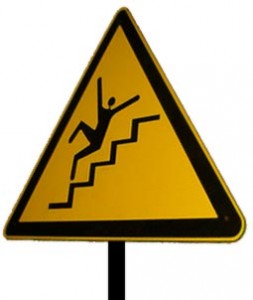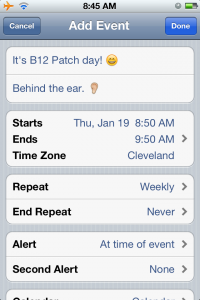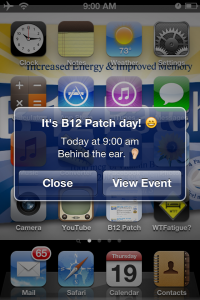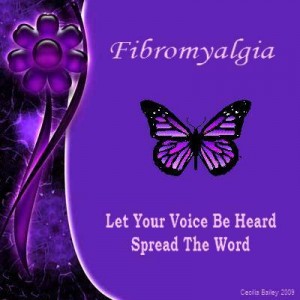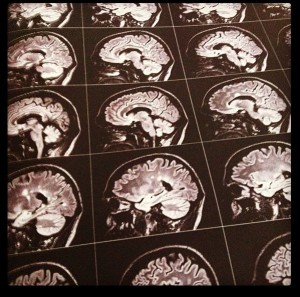If you’re following a heart-healthy diet, you can have your fries and eat them, too. Say heart health experts, eating fried foods won’t give you a heart attack, as long as you use the right kind of cooking oil. Whether you choose to sauté, pan fry, or deep-fry your potatoes, it’s all good. But before you go ahead and splurge on a deep fryer, find out what doctors say is “the catch” in enjoying oily snacks while avoiding heart disease.
Vitamin B12 for Weight Loss- Why it Works
Spanish study follows fried-food lovers
Spanish scientists wanted to know if fried foods like French fries, doughnuts, or chicken nuggets are any less healthy for your heart than foods cooked without the frying method. So, they conducted a study that was later published by the British Medical Journal. Researchers focused their 11-year study of coronary heart disease on 40,757 Spanish test subjects, recording their eating habits and heart health. Here are some details of that study:
- Two-thirds of the test subjects were female.
 All of the subjects used in this study were deemed free of heart disease.
All of the subjects used in this study were deemed free of heart disease.- Participants were divided into 4 categories, from people who don’t often indulge in fried foods to individuals who ate the most fried food.
- Scientists also recorded incidents relating to heart disease, such as heart attacks, angina, or heart surgeries.
- By the end of the study, scientists recorded 606 hospital visits and events resulting from coronary heart disease.
- However, when scientists linked each of the heart disease cases with one of the four categories, they found that test subjects from one group weren’t any more likely to suffer from coronary heart disease than were individuals from another group.
- So, even if you order a side of onion rings with your veggie burger, your chances of dying from heart disease aren’t any worse than they would be if you proclaimed all fried foods a banned substance.
The Best- and Worst- Cooking Oils for Heart Health
Must be something in the oil
What’s the catch, you ask? It’s this:
- First off, the typical Mediterranean chef uses only healthy oils that are low in saturated fats in his cooking. Olive oils and sunflower oils both hold up well in high-heat cooking and both are exceptionally heart-healthy.
- Also, it’s worth noting that the typical American fast-food franchise cooks its French fries in reused cooking oil that is high in trans fatty acids.
- This doesn’t mean that fried foods are just as healthy, overall, as low-fat meal options. Oily foods are higher in calories, more likely to contain too much sodium, and most likely lead to morbid obesity.
Heart health tips that still ring true
As far as treating yourself to a fried concoction every now and then, it all boils down to portion control. You can have the home fries, as long as you log it into your food diary, and account for the calories and fat consumption. A fat calorie is a fat calorie, any way you cook it.
- *Choose heart-healthy oils like olive oil, canola oil, and sunflower oil over artery-clogging palm oil and hydrogenated fats.
- *Keep your weight down by tracking calories and keeping your daily fat consumption to a minimum.
- *Exercise at least ½ hour per day.
- *Avoid eating salty foods.
- *Take all your vitamins and minerals, especially vitamin B12, which promotes cardiovascular health by maintaining already healthy homocysteine levels.
Tell us what you think! Can switching to a Mediterranean diet reduce the rate of heart disease in America?
Know anybody who struggles with heart disease? Don’t forget to send a link to this article!
Read more about vitamin B12 and your heart:
12 Healthy Heart Habits, Including Vitamin B12 Supplements
B Vitamins prevent Cardiovascular Disease- B6, B12 and Folate
Sources:
Images, from top:








